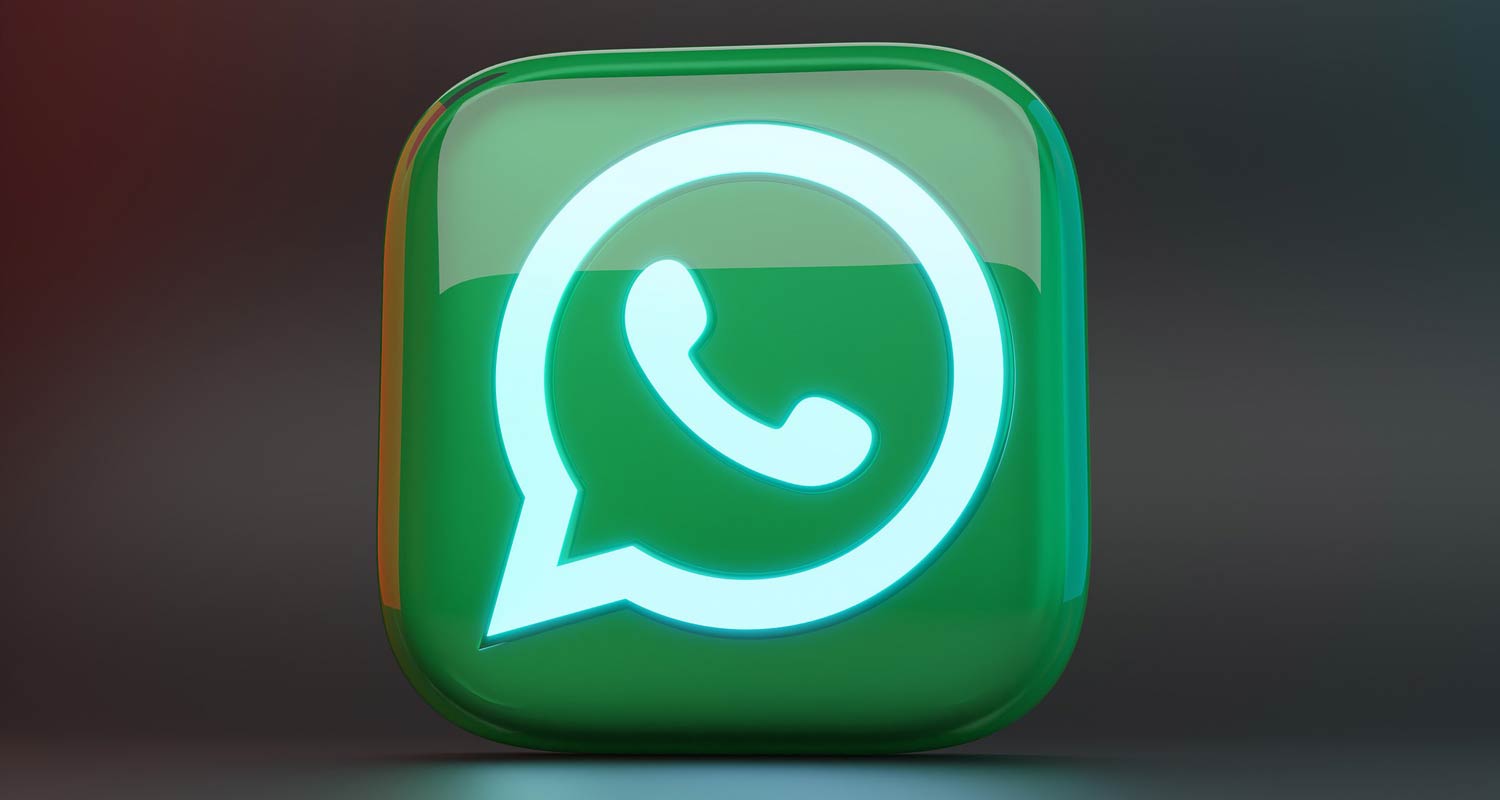 These are the articles, videos and more that caught the attention of TechCentral’s editorial team in the past 24 hours.
These are the articles, videos and more that caught the attention of TechCentral’s editorial team in the past 24 hours.
- WhatsApp’s new Lists feature makes organising chats easier and more personal: WhatsApp’s new Lists feature allows users to create custom categories for organising chats, replacing the previous chat filters. Users can separate work, personal or family chats for easy access. Lists are created via the filter bar and can include group and individual chats. The roll-out of the new feature has started and should be available to all users soon. Read more on Tech Radar. DM
- Windows 11 24H2 update disaster – it’s now crashing Intel motherboards: The Windows 11 24H2 update is causing crashes on Intel Z890 motherboards, affecting brands like MSI and Gigabyte. The issue stems from a conflict between dedicated and integrated GPUs, requiring users to disable integrated graphics in the BIOS. While there’s no permanent damage, Microsoft is urged to resolve this and other ongoing update issues promptly. Read more on Tom’s Guide. DM
- Goodbye Galaxy Ultra? Samsung is reportedly considering a new naming scheme for its best phones: Samsung is reportedly considering a rebranding strategy for its premium Galaxy S series smartphones, possibly introducing a new name to differentiate its high-end models. While the Galaxy S25 line is expected to keep the Ultra label, Samsung might create a new brand for its flagship devices, potentially adopting a “Pro” moniker similar to competitors. Rumours also suggest that Samsung may drop its smallest Galaxy S model by 2026. Read more on Tech Radar. DM
- Windows 10 given an extra year of supported life, for $30: Microsoft is extending Windows 10 support for an additional year, offering Extended Security Updates for personal users at US$30 until October 2026. With Windows 10 holding a larger market share than Windows 11, Microsoft hopes this option will ease the transition. The programme aims to support users who either prefer Windows 10 or have incompatible hardware, amid concerns that Windows 11’s high requirements and limited improvements may push users toward alternatives like macOS or Linux. Read more on The Register. DM
- Sorry, monkeys won’t write Shakespeare before the universe ends: A new study refutes the Infinite Monkey Theorem, which suggests that a monkey typing randomly could eventually produce the works of Shakespeare. The researchers found that the universe’s finite lifespan makes this impossible; even with a population of chimpanzees typing until the end of time, they’d barely manage simple words, let alone Shakespeare. Read more on Gizmodo. DM
- Steam games will now need to fully disclose kernel-level anti-cheat on store pages: Valve has announced a change for Steam that will make things a lot clearer for everyone, as developers will now need to clearly list the kernel-level anti-cheat used on Steam store pages. This is important, because a kernel-level anti-cheat gives deep-level access to your system. More on GamingOnLinux. TS
- Mark Zuckerberg says a lot more AI-generated content is coming to fill up your Facebook and Instagram feeds: First we had friends. Then we had influencers. And if Mark Zuckerberg is correct, the next big thing in our social media feeds will be AI-generated content. Lots of it. Sounds like there will be no human interaction eventually. More on Fortune. TS
- This is a glimpse of the future of AI robots: The idea of a robot that does a wide range of household chores, from unloading the dryer to folding laundry to cleaning up a messy table, has long seemed like pure science-fiction, perhaps most famously embodied by Rosey in the The Jetsons. Read more about what may become our future on Wired (soft paywall). TS
- The house paints that promise much more than colour: Juan Botero of Unpaint has created a paint that peels off like wrapping paper. Botero says Unpaint is useful for temporary decorations or rental units where permanent decorative changes can be costly. Read more on BBC News. NN
- OpenAI adds search engine to ChatGPT, challenging Google: The ChatGPT chatbot has been embedded with a search engine, launching OpenAI into a space long dominated by Google. “ChatGPT search” allows users to search for real-time scores and stock prices and combine search functionality with AI summaries. Read more in the The Wall Street Journal (hard paywall). NN
Top stories on TechCentral in the past 24 hours:
- TCS | GoSolr CEO Andrew Middleton on the state of rooftop solar in South Africa
- Afrihost AirMobile wins in MVNO data pricing showdown
- MTN’s tale of woe in Nigeria
- ISPs love Octotel, industry survey finds
Bookmarks is a daily feature on TechCentral and published Monday to Friday, excluding public holidays.




